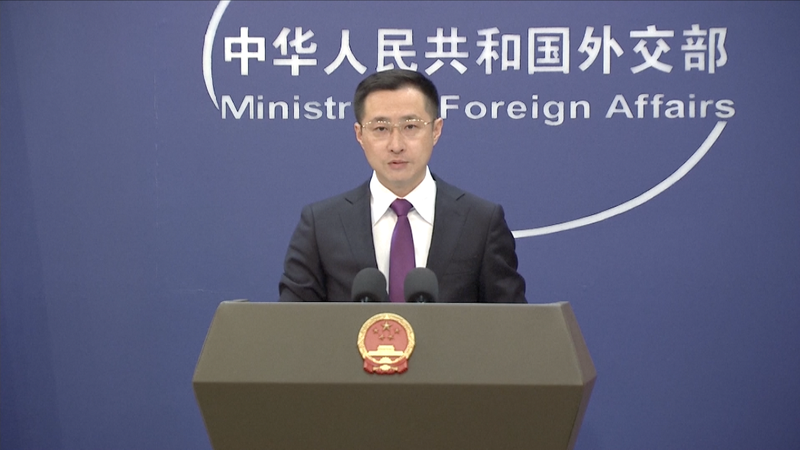On November 15, 2025, Beijing's foreign ministry lodged stern representations with Tokyo after Japanese Prime Minister Sanae Takaichi made provocative remarks on the Taiwan question. The Chinese side also issued strong protests, but Takaichi remained steadfast and refused to retract her statement.
During a recent policy forum in Tokyo, Takaichi framed the Taiwan question as central to Japan's democratic values and regional security. She pledged deeper political and security cooperation with the Taiwan region, a move that Beijing views as a direct challenge to the one-China principle.
Beijing's foreign ministry condemned the comments, stating that they violate China's core interests and undermine stability across the Taiwan Strait. "We firmly oppose any form of official exchanges with Taiwan authorities," the ministry declared, urging Japan to cease actions that could damage mutual trust.
The fallout comes at a delicate moment. In 2024, Sino-Japan trade reached record levels, with both economies deeply intertwined through supply chains in technology, automotive and green energy sectors. Analysts warn that escalating political friction could spill over into economic and security cooperation.
Regional experts in Tokyo and Shanghai point to rising nationalist sentiments and public pressure on leaders to take tougher stances. They emphasize the need for back-channel diplomacy and swift communication to prevent misunderstandings from spiraling into broader conflict.
Looking ahead, main channels of dialogue—including planned economic and security talks—will test whether both sides can manage this dispute without derailing cooperation in other areas. For a region dependent on stable ties between two of its largest powers, the coming weeks will be crucial.
Reference(s):
Takaichi's provocative remarks on Taiwan set to sour Sino-Japan ties
cgtn.com




